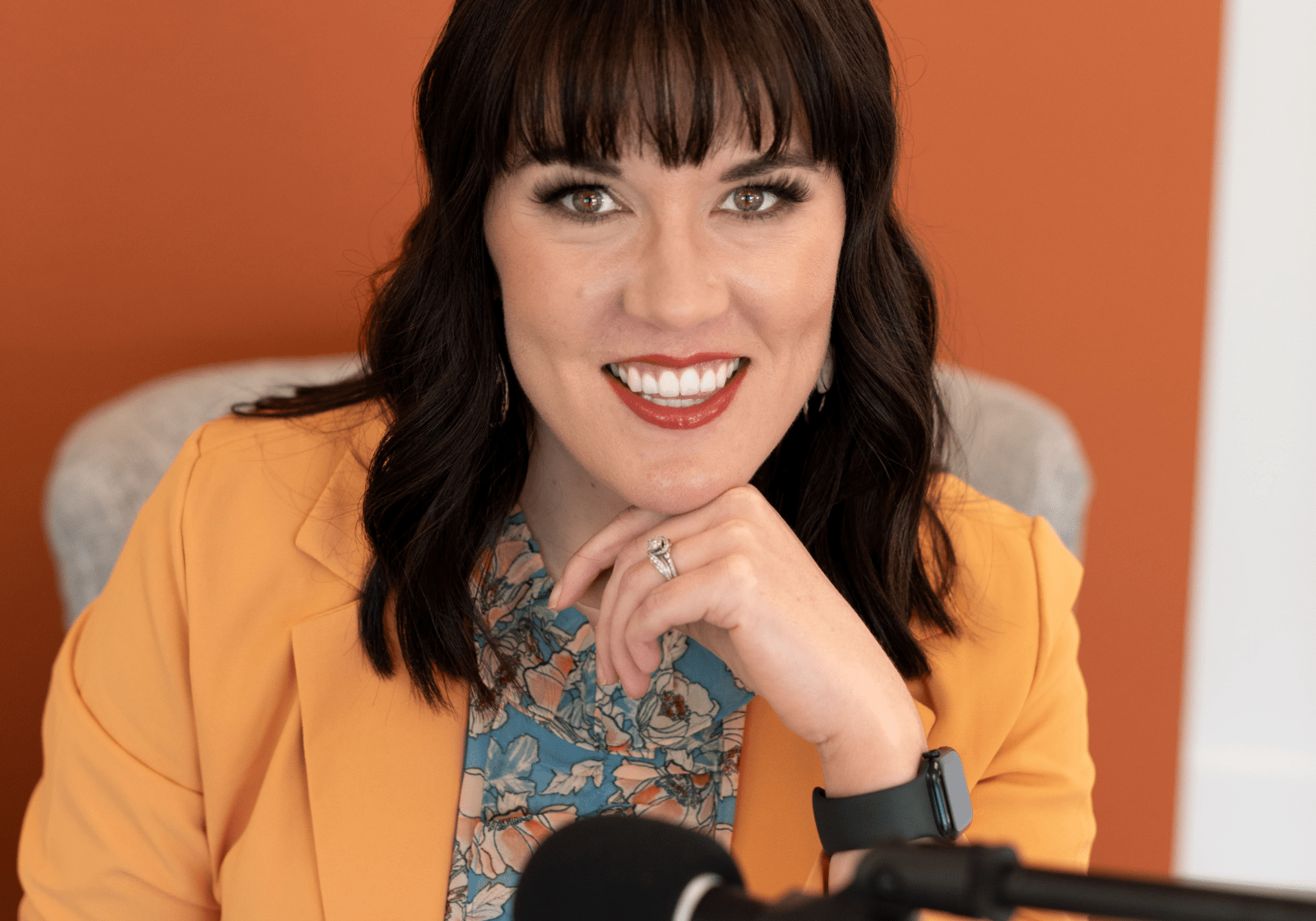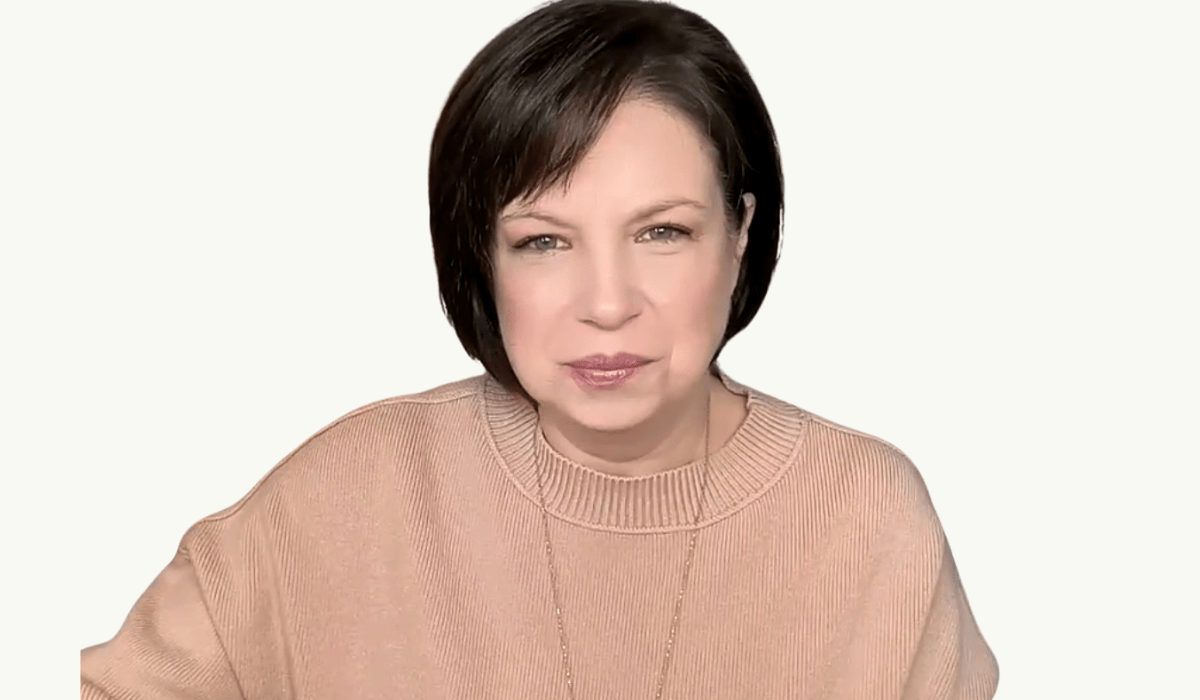Music isn’t just entertainment, it’s a language of the nervous system. For kids who struggle with emotional regulation, it can offer something that words often fail to deliver: connection, safety, and self-expression.
Samantha Foote knows this intimately. A neurodivergent mom of three neurodivergent kids and a board-certified music therapist, she sees rhythm not as a background beat but as a regulating force. “Rhythm is innate in our bodies,” she explains. “Your heartbeat, your breath — it’s all rhythm. Music can tap into that and bring the nervous system back into balance.”
Foote uses music therapy to help kids move through emotions that might otherwise get them stuck in meltdown or shutdown. She describes a session with two fighting siblings who were given drums instead of lectures. What started as loud, angry pounding turned into a calm, shared rhythm… and then, a conversation. It’s co-regulation through creativity.
The versatility is remarkable. Some kids thrive with classical melodies; others need the crashing pulse of heavy metal. Foote urges parents to ditch assumptions and tune into what actually works for their child. Her own son, who once couldn’t tolerate music at all, now finds comfort in unexpected songs. The key is curiosity.
Even tech can be therapeutic. Apps like Launchpad or Incredibox allow kids to create beats that match their emotional state, and shift it. Research even supports that beatboxing may enhance language development, making it especially useful for non-speaking children.
For parents overwhelmed by daily stressors, Foote offers this simple suggestion: build in one musical break a day. Whether it’s a dance party during cleanup or a quiet ukulele strum during dysregulation, music can be both a tool and a tether. And as she emphasizes, preparation is everything. Music is most powerful when it’s part of a proactive plan, not a last-ditch effort mid-crisis.
At its heart, music is about connection. And for many neurodivergent kids, it’s a bridge back to themselves, and to the people who love them.






